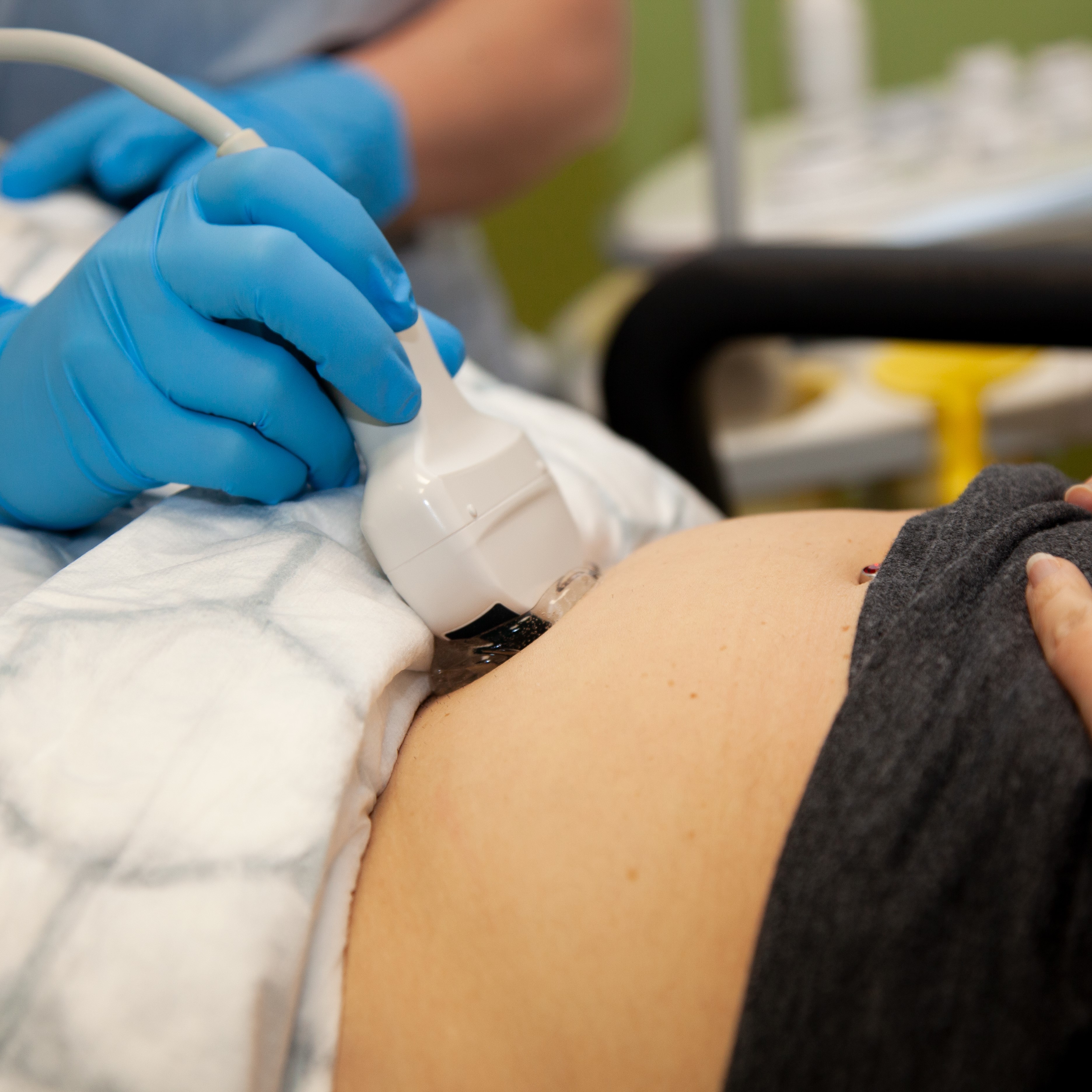Fertility Testing For Women
If you’ve been trying to get pregnant for a year, we recommend you go to see your GP. They might arrange for some simple tests to be carried out, or refer you straight to us.
In approximately 40% of couples there will be a combination of female and male factors leading to fertility difficulties, so it is important that both partners take part in investigatory tests.
- What are the initial tests for women?
Women who have periods will have blood tests at the beginning of their cycle (in the first two to four days), as well as testing for evidence of ovulation on day 21 of their cycle. This is to check the baseline hormone levels and the ovarian reserve. Some hormone imbalances, such as polycystic ovary syndrome (PCOS), can cause ovulatory problems which affect whether or not the egg is being released.
- The day 2-4 bloods
These routine blood tests are usually obtained between the first two to four days of your menstrual cycle (where day one is the first day of bleeding) and a further test taken on day 21 of the cycle. If your cycles are very irregular or infrequent we may need to induce a period with a short course of progesterone tablets.
The following blood test results are used to investigate whether the ovaries are functioning normally, to check if ovulation is occurring (production of an egg) each month and also to help determine which fertility treatments to offer.
- What will we test for?
AMH (Anti-Mullerian Hormone) - Women are born with their lifetime supply of eggs, and these gradually decrease in both quality and quantity with age. AMH is a hormone secreted by cells in developing egg sacs (follicles). The level of AMH in a woman's blood is generally, a good indicator of her ovarian reserve.
FSH (Follicle Stimulating Hormone) - FSH helps control a woman’s menstrual cycle and the production of eggs. The FSH test is done on the second to fourth day of the menstrual cycle and can be used to evaluate whether the ovaries are functioning properly. FSH stimulates the ovaries to produce follicles, which are fluid filled sacs, which grow, develop and release an egg.
LH (Luteinising Hormone) - In women, LH is linked to ovarian hormone production and egg maturation. It causes the follicles to grow, mature and be released ready for fertilisation. It reaches its highest level (the LH surge) in the middle of the menstrual cycle, around days 12 to 14 of a 28 day cycle, peaking at approximately 37 to 40 hours before ovulation occurs.
Prolactin - Prolactin is a hormone produced by the pituitary gland (in the base of the brain) and may be requested if your periods are irregular or absent.
Thyroid Function - Thyroid gland abnormalities can affect fertility, even affecting ovulation and the frequency of the periods. Treating hypothyroidism (underactive thyroid) would be an important part of any effort to correct infertility. Thyroid stimulating hormone (TSH) is vital for regulating your metabolism, through the production of thyroxine. Many fertility specialists prefer the TSH to be in the lower half of the normal range.
Rubella (German measles) Antibody Levels - It is important to look for evidence of immunity, as rubella infections in pregnancy can lead to various abnormalities of the developing baby. If you are not immune then vaccination can be arranged.
Androgens – These are male hormones, which are present in small quantities in all women. The most well-known androgen is Testosterone and its levels may be higher in women with polycystic ovarian syndrome (PCOS). High levels of testosterone can result in acne and abnormal hair growth (hirsutism).
Progesterone - Progesterone is a female hormone produced by the ovaries during ovulation. It causes the endometrial lining of the uterus to get thicker, making it receptive for a fertilised egg. In a regular 28 day cycle, the day 21 progesterone result is used to determine if ovulation is occurring. Progesterone levels increase towards the end of the woman’s menstrual cycle, reaching a maximum level seven days before the start of the next period.
- Ultrasound Scan
We will also arrange transvaginal ultrasound scans to look at your uterus and ovaries. These help us look for conditions such as PCOS, uterine polyps, endometriotic cysts and fibroids – all of which can reduce the likelihood of a pregnancy occurring.
- Tubal Patency
If necessary, we will arrange a special scan test called hystero-salpingo contrast sonography (HyCoSy), which will check that the fallopian tubes are open. This involves the injection of a specially designed foam through the cervix into the cavity of the womb. This enables us to confirm whether the tubes are patent. Blocked or damaged tubes can prevent the eggs from travelling along the tubes and meeting the sperm preventing pregnancy from occurring.
- Infection Swabs
Some sexually transmitted diseases (STDs) can negatively impact on fertility and in some cases, cause infertility. All women will have a test for chlamydia, as this is a significant contributory cause of tubal factor infertility. If a chlamydial infection is found, both partners would need to be treated before further progress could be made.
We will discuss the treatment options with you when the test results are available which will be tailored to your needs. Where we can, we will ensure treatment is started as soon as possible.
